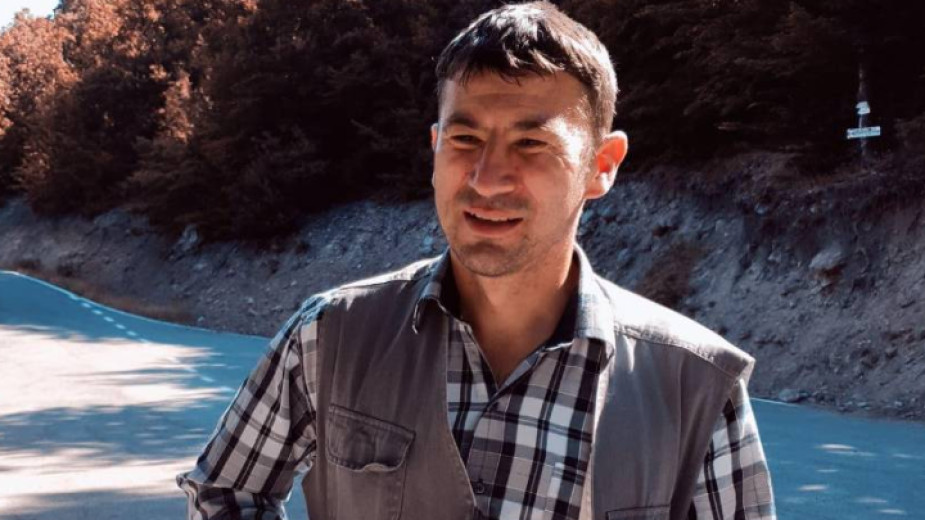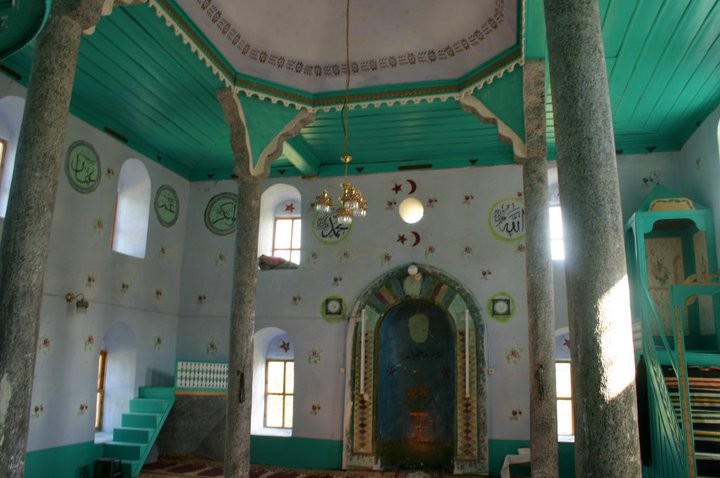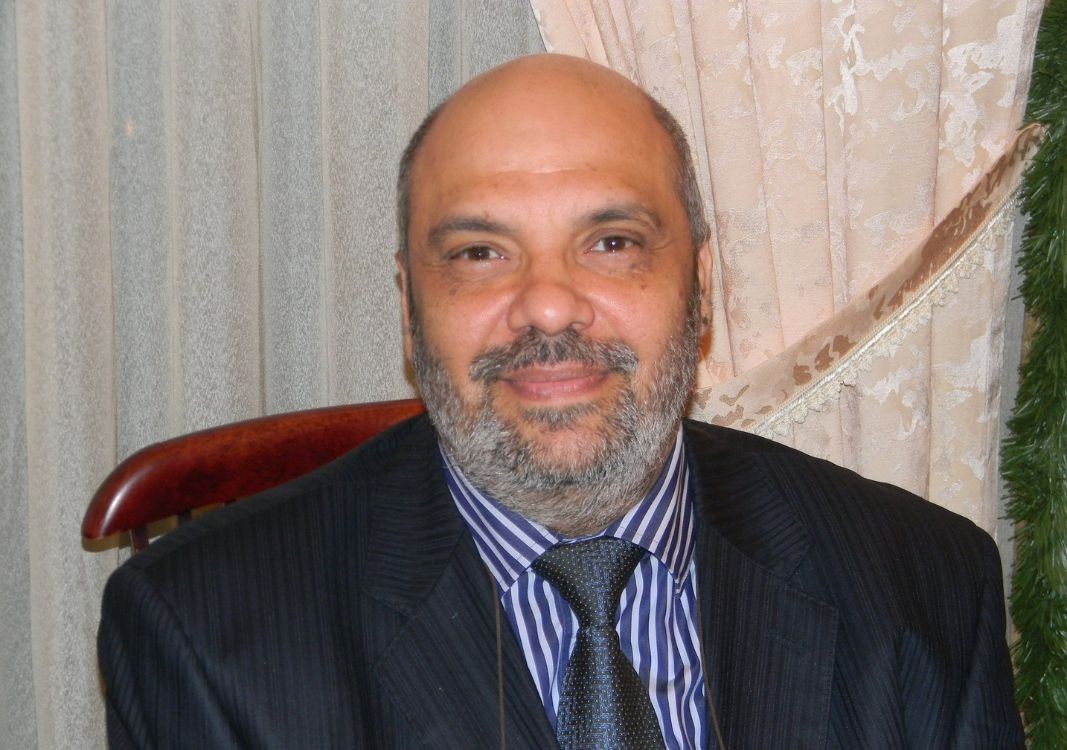According to Ottoman documents around 500 dervishes once lived around what is today the village of Bivolyane in Momchilgrad municipality, trained at Elmala Baba Teke, a religious centre once famed as the biggest Dervish centre in this part of the Balkans. It had an extensive library of over 3,000 books though many of them have been lost. According to the locals, the grave of Fatima, beloved daughter of the prophet Muhammad, is in the Teke, BNR’s Valya Apostolova reports from Kurdzhali.
The dervishes were Muslim monks, part of the military Bektashi Order, the analogue of the Christian Knights Templar. “They are dervish from the Bektashi Order, celibate dervish,” says Muharem Aliosman, local historian and head of the chitalishte (cultural community centre) in the nearby village of Zvinitsa: 
“They are educated people because in the mosques they would learn the alphabet, they could read the Koran and write handwritten books. There is a lot of information about the literary centre. There was a big library with many manuscripts. But, probably in the 1920s, they were taken, perhaps some day they could reappear. But as a researcher I have met people in possession of manuscripts connected with the Teke. The education of the dervish includes medical knowledge – something of this has come down to us with the Imam reading certain verses from the Koran, and healing people with prayers and herbs.”
The applicants to become dervish were subjected to trials in a narrow and dark room – without food and water for 3 days:
“Until the dervish reaches a state of mind in which he can read other people’s thoughts. On the next day he was asked what the Sheikh of the Teke had dreamed, and if he answered correctly he was recognized as a dervish. The dervish schools are spiritual practices for human enhancement, and when they reach such a level they are called saints and they have tombs made, called turbe. They are said to be able to heal, to fly, to cause rain, to see into the future… According to one of their old prophecies, these lands will turn to desert and the water will disappear, says Aliosman. 
The religious centre near Bivolyane village existed, without interruption, from the 14th to the beginning of the 19th century. Today Elmala Baba Teke has been restored. There is a vault with 6 men’s tombs, and separately – the tomb of a woman. The locals say it is the grave of the prophet Muhammad’s only child – his daughter Fatima. 
And the dervish? They have not gone away. There are many dervishes in Bulgaria in our day, says historian and researcher Georgi Kulov:
“They keep out of the public eye, yet they are dedicated to Alevism and spread its teaching, and information about Bektashism.”
Alevism is a branch of Islamism. According to one theory, many of its adherents in the Balkans are descendants of the Bogomils. They perform their rituals with wine, light candles and drink alcohol. They hold fairs, the first of which will be at Elmala Baba Teke at the beginning of September.
More:
Reporting by Valya Apostolova, BNR correspondent in Kurdzhali
Text by Veneta Nikolova
Photos: Facebook /Georgi Kyuchukov, Şevkiye Çakır, Facebook /landmarks of Bulgaria, BGNES, Bozhidar Cholakov (Radio Kurdzhali)
There is a map which helped usher in the birth of modern Bulgaria during the Russo-Turkish War of 1877-1878. The Austro-Hungarian researcher Felix Kanitz (1829 – 1904) was the first West European to have travelled to more than 3,200 towns and villages..
On 3 March, Bulgaria celebrates the 147th anniversary of its liberation f rom five centuries of Ottoman rule. The day was declared a national holiday in 1990 by a decision of the National Assembly. The Treaty of San Stefano, signed on 19 February..
Today is Cheesefare Sunday. According to Orthodox tradition, this day is observed on the eve of Great Lent, when Christians seek and give forgiveness to each other . It is also known as Sirni Zagovezni because it marks the last day before Lent, when..
On that day the Saviour hosted the traditional Passover meal for the Jewish people at the home of a Jerusalemite. Before the meal, as a sign of respect, He..
In 2025, the Catholic and Orthodox churches celebrate Easter on April 20. It is more joyful when we celebrate the Resurrection of Christ together...
On Good Friday, the Church recalls the great sufferings of Jesus Christ, who accepted by His own will to be judged, scourged, spat upon, humiliated,..

+359 2 9336 661
